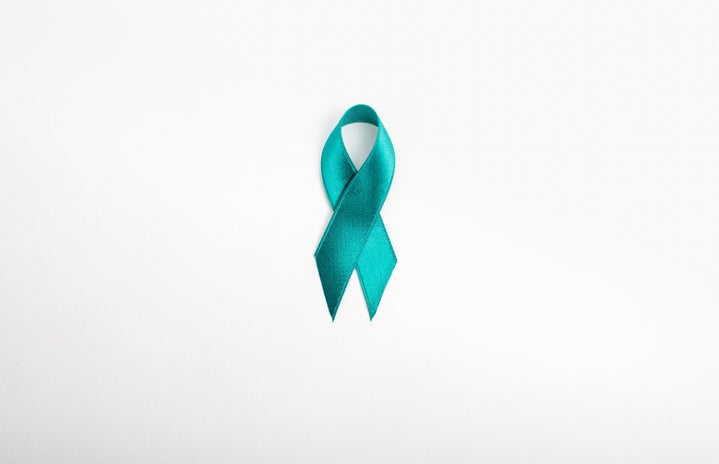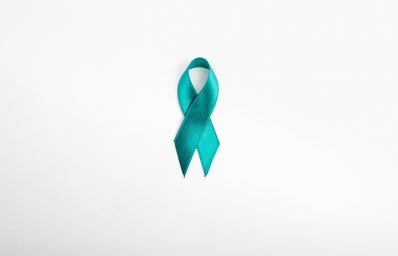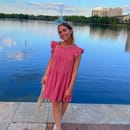In 2014, my mom was diagnosed with Stage IIIC ovarian cancer. Since then, she has taught me so much about the mindset and the importance of self-advocacy. I want to share some of the advice she has given me with you all, so you can learn more about the disease and why it’s so important to raise awareness about it.
Ovarian cancer is often called “the Silent Killer” because people often experience no, or very mild, symptoms until the disease has progressed into advanced stages, resulting in later diagnosis. It’s not very common, but it causes more deaths than any other female reproductive cancer. Also, there’s no screening test for ovarian cancer, like a Pap smear for cervical cancer, making it even harder to detect.

My mom realized something was wrong when she began having gastrointestinal problems several years prior to her diagnosis. “I had everything checked: colonoscopy, endoscopy, nothing showed up,” she told me. Eventually, she visited a urologist, and when reviewing her own CAT scan results, she noticed she had an ovarian cyst. When she asked the urologist about it, he told her, “It’s very common for women your age to have cysts, but you might want to talk to your OB-GYN.” Thank God, she did. They began tracking the cyst and noticed changes in it over the course of six months. Only then was my mom given a CA-125 test, which is a blood tumor marker test for ovarian cancer. Her results showed that her levels were elevated, and this finally led to her diagnosis. Within a month, she had a total hysterectomy and began chemotherapy. As I said before, ovarian cancer is often diagnosed at advanced stages. Because of this, it has a higher rate of reoccurrence. “I made it almost 3 years before my first reoccurrence, and since then I’ve had three rounds of chemo, and one of radiation,” said my mom, “but October of 2019 was my 5-year anniversary of survivorship, which is a big deal for someone diagnosed with Stage IIIC.”
When I asked my mom how people could better protect themselves against the disease, she gave me a few pointers, one of them being, “Always ask for your reports, and pay attention to your own body.” My mom’s story goes to show that you always know your own body best. If you think there’s something wrong, don’t let it be easily dismissed. It’s your right to ask medical professionals your questions and raise concerns when you know that something isn’t right. She also said, “Know your family history.” Ovarian cancer is linked to other gynecological cancers, such as breast cancer, so it’s very important to talk about that history with your gynecologist.

“Research is also critical for developing new treatments,” said my mom. And there’s some good news in that regard. In 2019, there were two new drugs approved for the treatment of advanced ovarian cancer. Thanks to the organizations that do vital advocacy work in Washington D.C., Congress approved a budget of $35 million for the ovarian cancer research program, which is a 75% increase for a program that hadn’t received one in 10 years.
My mom is quite truly the strongest person I know. This disease takes its toll both physically and mentally, but she always says, “I just take it day by day, month by month, and try to manage it like any other chronic disease.” I want this article to send a message not of fear, but of awareness and gratitude for those we love. I have so much hope that new treatments are on the horizon, and that together, we can defeat ovarian cancer.



